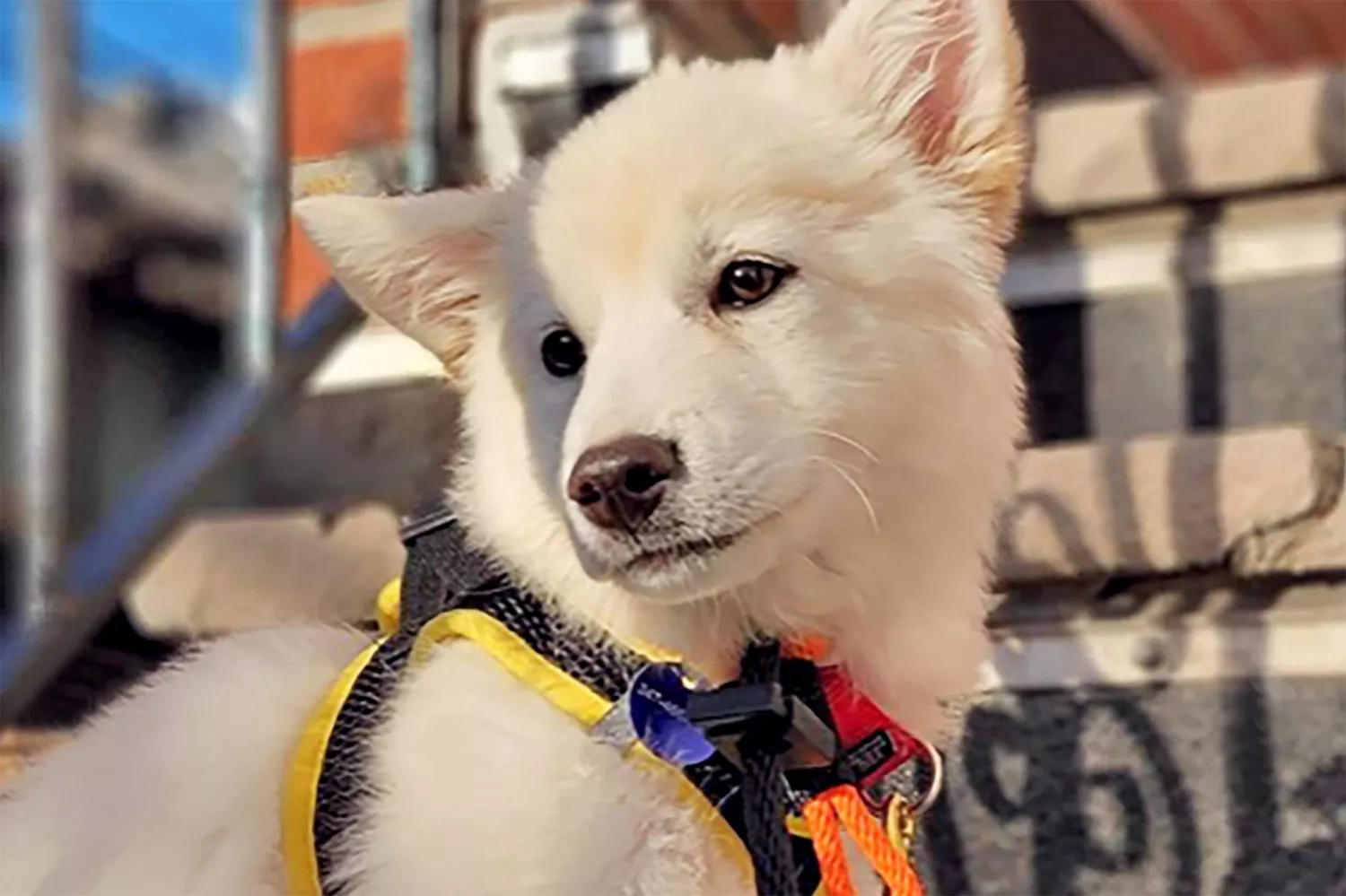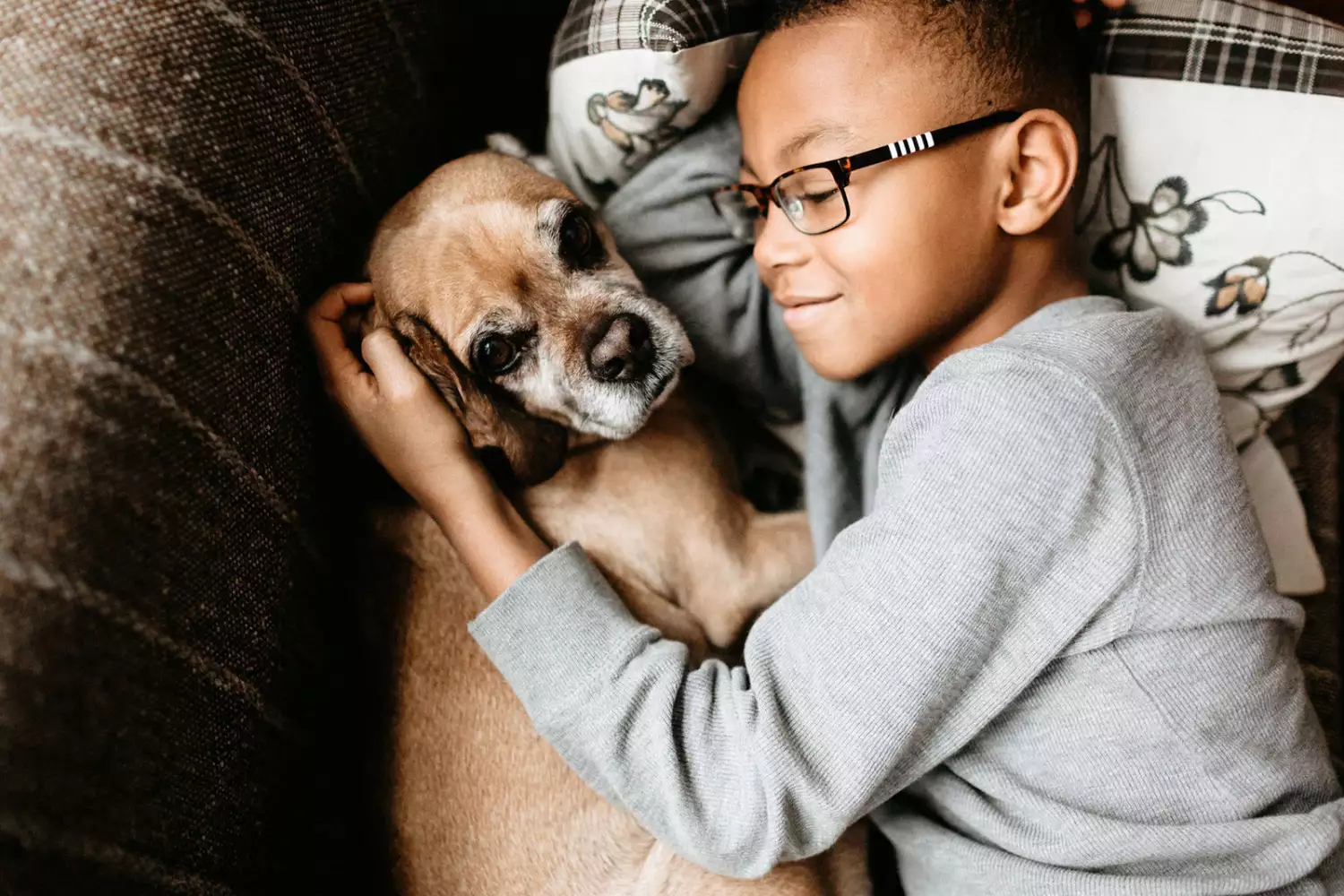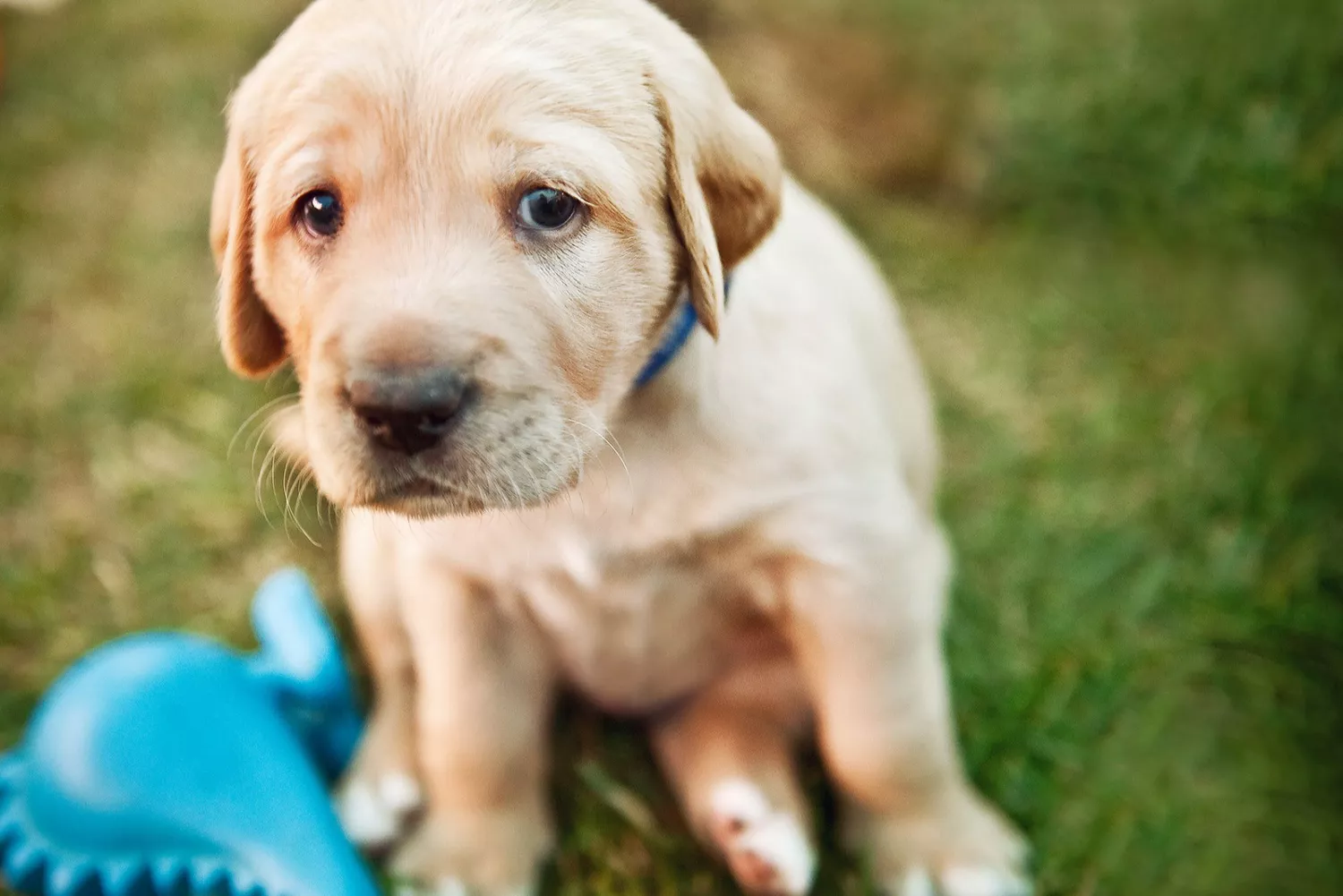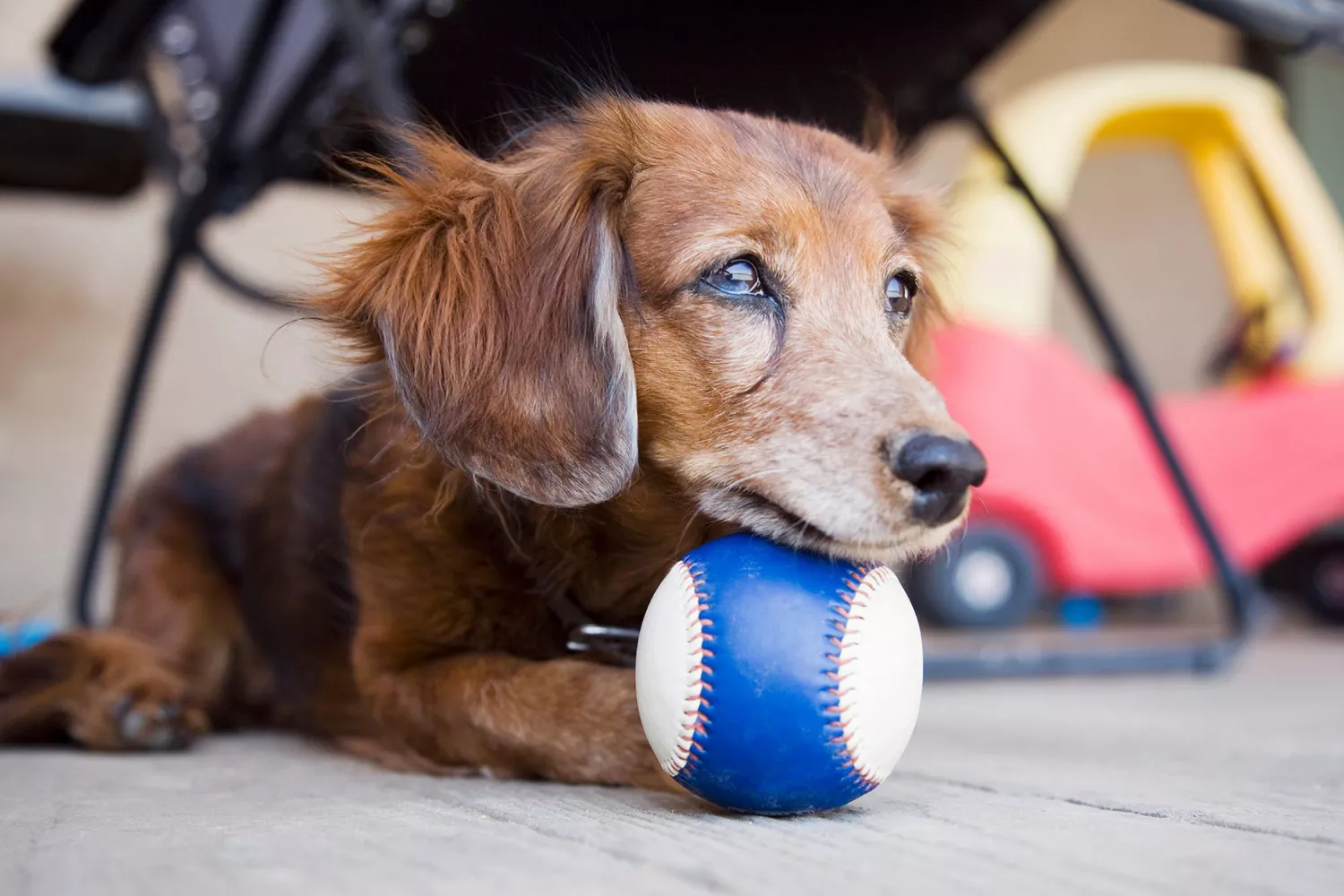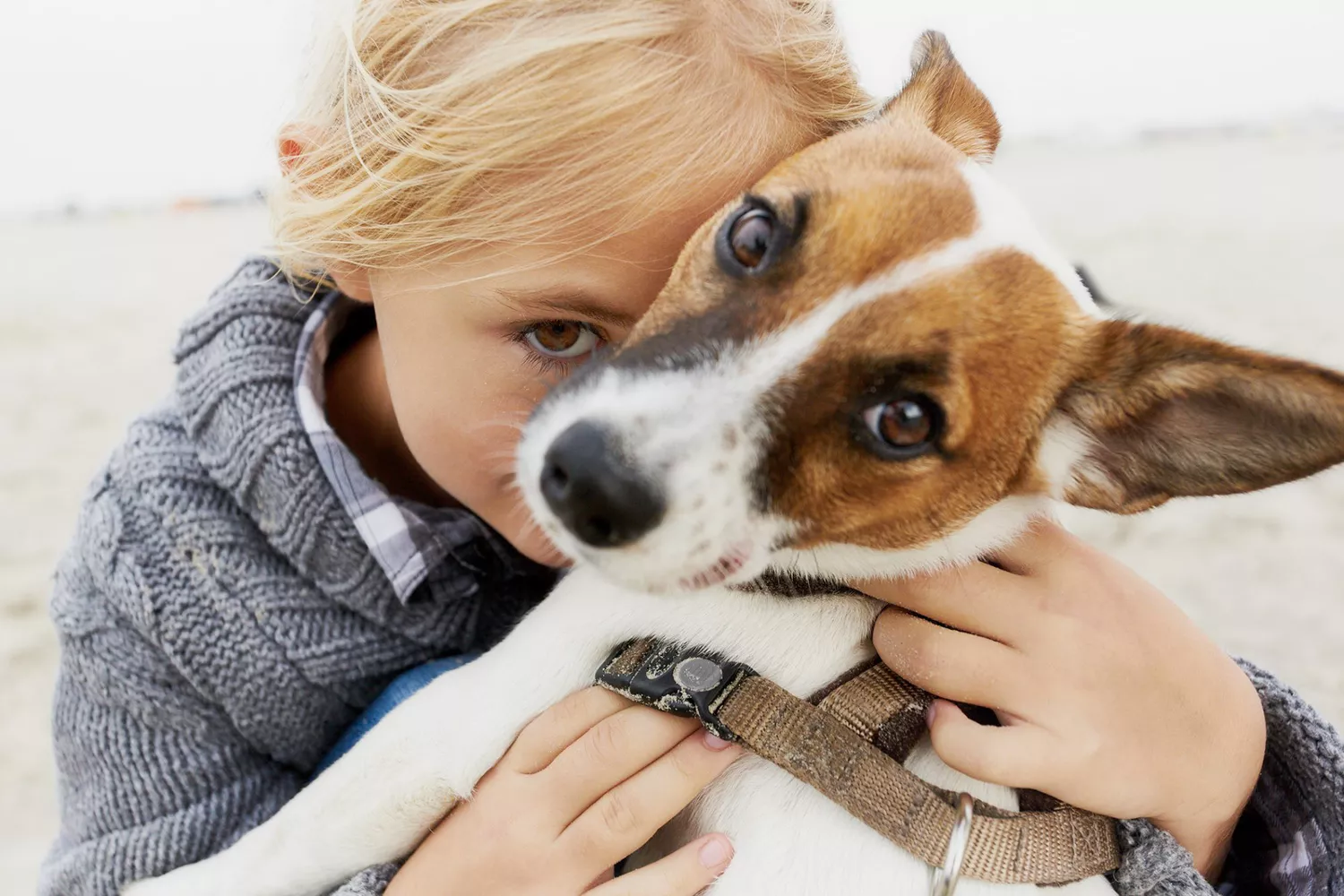
Couple of relationships in life are as true and straightforward as the ones we experience with our furry good friends. Why are canines so faithful to people, and how much do nature and nurture influence their habits?
We do not yet understand adequate about how canines believe to understand whether loyalty as such ways anything to them,” states Irith Bloom, a licensed expert dog fitness instructor and habits expert, owner of The Sophisticated Dog in Los Angeles, and member of the Daily Paws board of advisors. As soon as we know the response to that, we can think critically about the ‘faithful’ things canines do, and figure out what may encourage canines to do those things.”
Let’s take a better take a look at pet dogs’ commitment– or a minimum of, the methods they act that imply such allegiance.
What Makes a Loyal Dog?
Archaeologists believe that dogs and humans initially developed a symbiotic bond more than 23,000 years ago. Studies recommend that as wild pet dogs found primitive people’ warm fires and table scraps reassuring, individuals raised dogs’ status to companions with important searching abilities. In time, they ended up being an essential part of human development and meet many needs, from large pet dogs leading the charge in war to fluffy lap lovers securing ancient temples.
Bloom states most dog habits can be analyzed in fairly simple terms: They tend to duplicate habits that gets excellent results and prevent repeating habits that gets undesirable results.
” In my viewpoint, faithful behaviors in dogs are most likely not inspired by the very same things that encourage commitment among individuals, however there isn’t sufficient research on this topic yet to say for sure,” she adds. Here are a few of the ways Bloom says people tend to perceive dog commitment.
Preferring someone over another
” This might be inspired by love, which is a feeling research suggests mammals such as pets can experience,” Bloom says. If we’re truthful, doggos also gravitate to the individual who offers more treats, trots them out for strolls, and plays with them a lot, too.
” In fact, playing with your dog and doing enjoyable training games is an excellent way to enhance your bond,” she includes. “While I do not have information to back this up, I believe the bond between us and our pets is a bond of love, or a minimum of liking. No loyalty needed!”
Reacting properly to hints
Dogs comprehend that reacting to hints and commands either leads to good things or avoids bad things. Flower states loyalty does not exactly have a function in this behavior.
Barking when a complete stranger or another dog techniques
Some individuals believe a dog is loyal when they act in such a way that seems like they’re safeguarding their people and family, like barking or lunging at other canines and people. That’s not the case.
” Research recommends that the relationship in between individuals and their dogs is similar to that between moms and dads and kids. That implies that it’s not a great concept to anticipate things in dogs that we wouldn’t try to find in a kid,” Bloom says. “Would we say an individual’s 3-year-old kid is being devoted if they shriek when a complete stranger methods?”
If a pet dog owner views any of the above habits as a program of loyalty, then pet dogs can be devoted, Bloom says, “but the pet dogs most likely do not believe of it that method.”
Wait, Isn’t Dog Loyalty Part of a Pack Mentality?
Not actually, although that was the common belief for several years. Bloom explains that the original scientist who came up with the term “alpha wolf,” David Mech, “has been attempting to remove the term from our lexicon for decades. He recognized far too late that the research that inspired that term, which studied captive wolves from various families, was flawed.”
Wolf pack leaders are really the mom and dad of a family group that makes up a pack. There isn’t a hierarchy that needs offspring to display commitment– the puppies listen to the wolf moms and dads much like kids listen to their human moms and dads. The cycle repeats when wolf pups leave their natal pack and start households of their own.
Flower adds that more domesticated canines do not reside in packs or have a pack leader. “Research recommends that free-roaming dogs invest a lot of time alone. Even when they do form groups, those groups are normally fluid, with the exception of breeding sets (where often the male will remain near to the woman and the puppies),” she states. “Most notably, while pet dogs can gain from each other’s habits, and in some cases have doggy friends they would happily follow anywhere, there’s no evidence that one canine views another canine as a leader.”
As their human buddies, we’re not the “alpha” or leader. Instead, pups consider us to be their family group or pack, and they trust us to offer them and come to their help. Some studies also reveal that they develop empathy for us and can pick up on how we feel and adapt habits appropriately. These qualities foster a sense of belonging and, if we want to reframe it as such, could maybe be extra reasons why pets are so faithful.
What Are the Most Loyal Dog Breeds?
While there are certainly some pet types who show more faithful propensities (based on our understandings), researchers aspire to point out that habits aren’t just identified by type.
” Every pet is a person. Picking a canine companion by breed to get commitment (or some other quality) will just get you so far,” Bloom states. “I’ve fulfilled lazy person border collies and hostile Labrador retrievers. It’s essential to satisfy pets where you find them, instead of making assumptions based on their type.”
So when again, the characteristics that specify commitment to you may be projected onto your pup. Flower keeps in mind that if you specify commitment as responding well to individuals’s signals and looking for interaction, herding pet dogs may be thought about the most faithful pet dog breeds. On the other hand, if a devoted dog to you is a pooch who favors someone, particular Asian pet types may fit this description.
How to Improve a Dog’s Loyalty
Some pets are more devoted than others since they’re totally incorporated into their people’ activities. If you love the great outdoors and select an active pet who enjoys hiking and kayaking, you’ll have a buddy for life! Specific dogs ideal for senior citizens and senior citizens meet this function well due to the fact that they’re a bit more laid-back but follow their owners everywhere.
Every pet dog, regardless of type, responds to bonding activities with their preferred humans with a foundation of generosity and regard.
The more we reveal our pet dogs that we respect their opinions, the more comfortable and happy they end up being around us,” Bloom says. “A strong bond with a pet is a present unlike any other.
Here are a few of her practical concepts for reinforcing your bond:
Practice positive support training regularly. Tricks are good, too!
Travel with your pet in pursuit of new experiences, such as road trips to the beach, check outs to dog-friendly wineries and restaurants, and travels through national parks. Make sure to also load the correct adventure gear.
Come up with enjoyable rituals you and your canine can do together. “Howling in addition to sirens, anyone?” Bloom states. Likewise try interesting indoor video games or something more stylish, such as flyball or an agility course.
” Most significantly, listen when your dog signals discomfort and provide the space they require to get comfortable,” she says. “Three common indications that a pet dog is unpleasant or requires more space include lip-licking, yawning, and looking away.”







